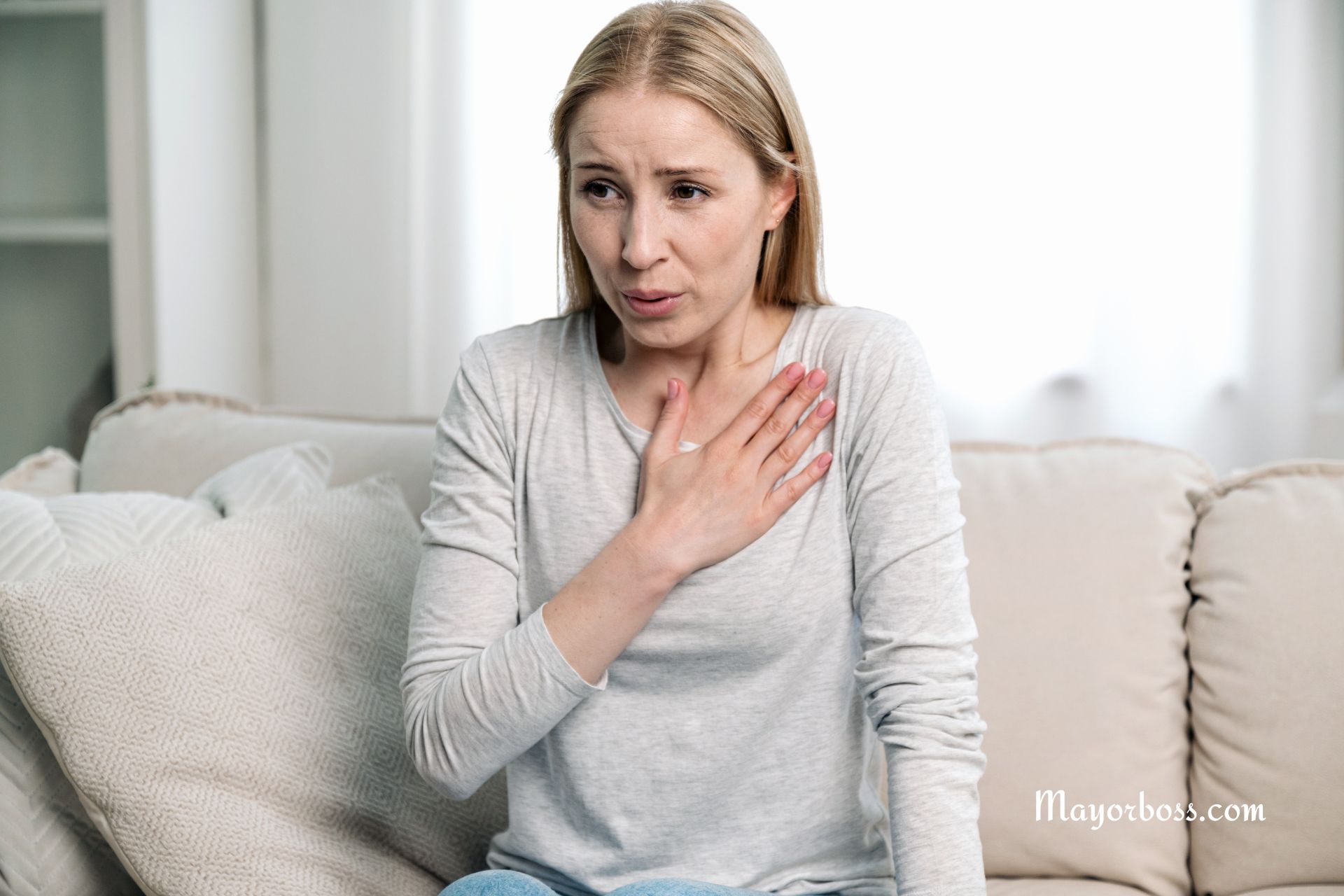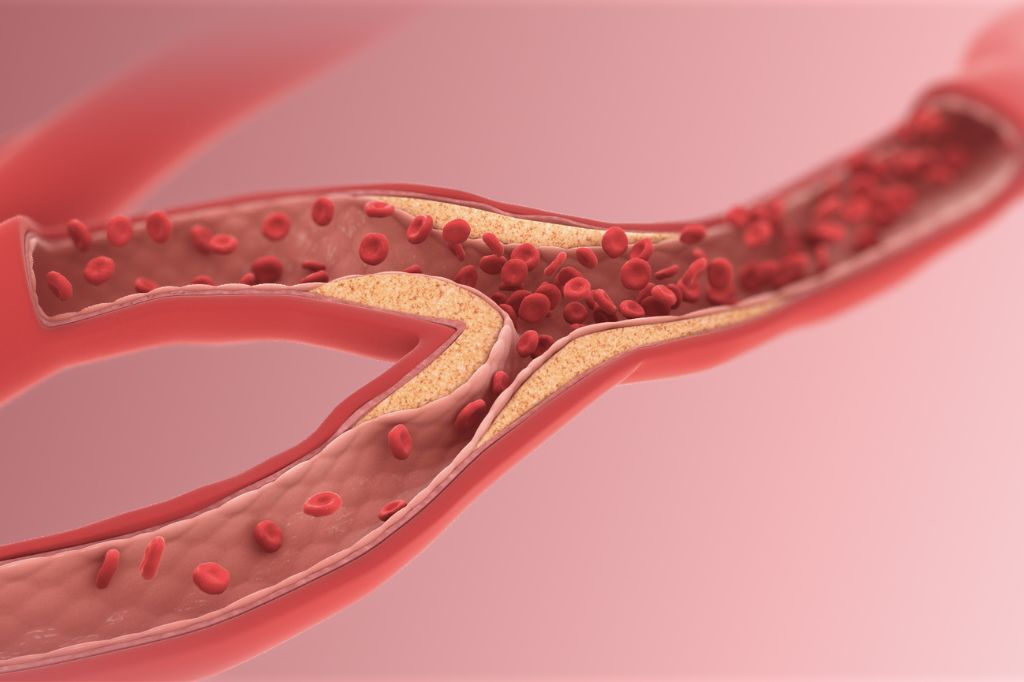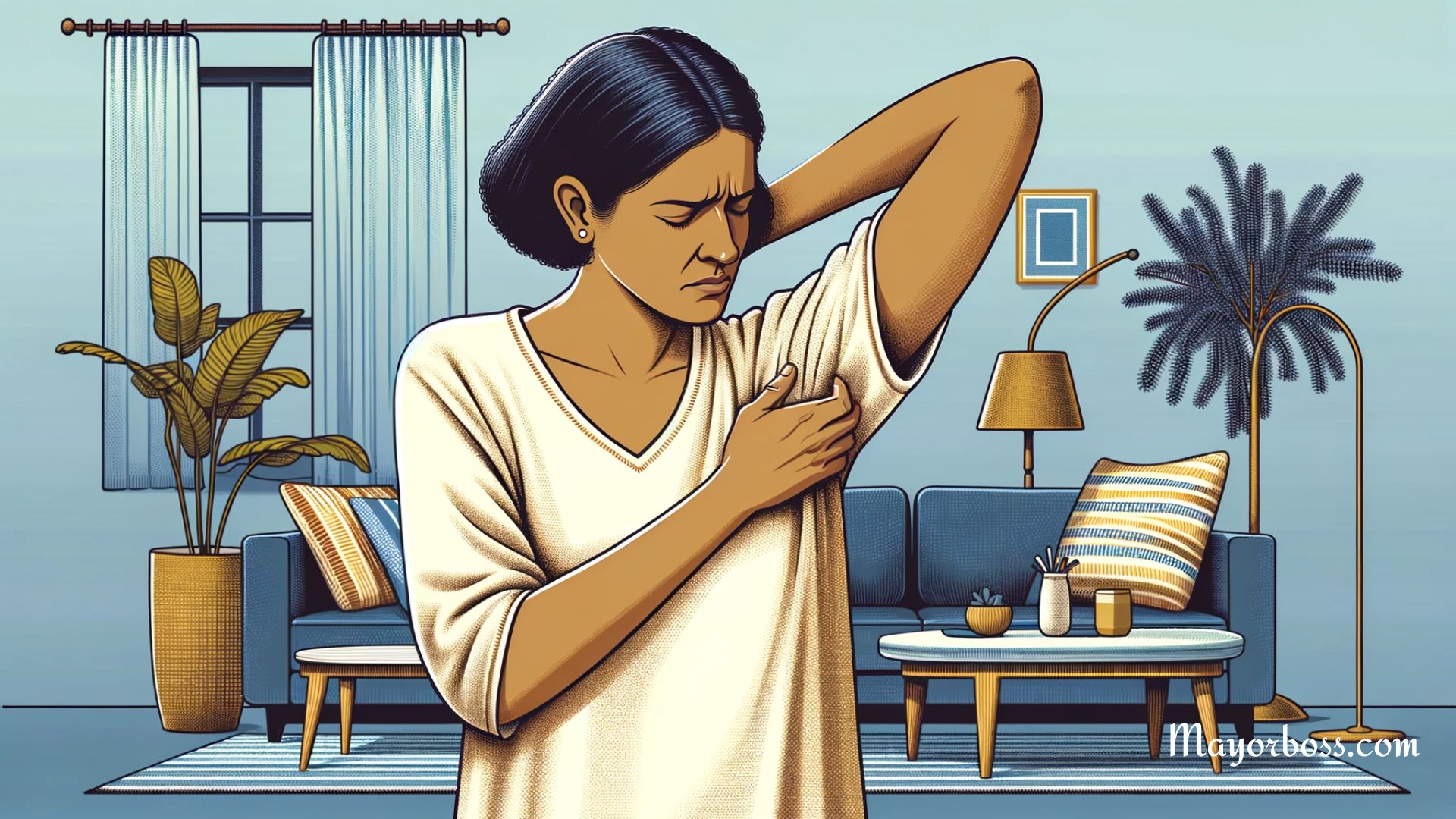5 Signs Your Heart Palpitations Could Be Something Way Worse
Heart palpitations can feel like a rapid fluttering, pounding, or skipping of your heartbeat. Sometimes, they are harmless and only last a few moments. But other times, they can be your body’s way of telling you that something more serious is at play. In this article, we discuss five warning signs that your heart palpitations may indicate a bigger health concern. Let’s get started.

1. Chest Pain or Tightness
When a palpitation comes with chest pain or a feeling of tightness, it is more than just an uncomfortable thumping in your chest. Chest pain could be a sign of a blockage in your arteries or other forms of heart disease. At times, people describe this pain as pressure or squeezing, and it might travel to the neck, jaw, or arm.
This is a serious signal from your heart. Do not ignore it if the pain lingers longer than a few minutes. In situations like this, it’s vital to consider seeking medical help right away. If you feel dizzy, sweat heavily, or have trouble breathing at the same time, call your doctor or emergency services.
2. Extreme Dizziness or Fainting
We all feel lightheaded sometimes, but if you notice that you are on the verge of blacking out every time your heart skips a beat, pay attention. Fainting or nearly fainting alongside palpitations can mean that your heart is not pumping enough blood to your brain. This can happen if your heartbeat is too fast, too slow, or has an abnormal rhythm.
If you find yourself losing consciousness for even a brief moment, please speak to a healthcare provider right away. Heart rhythm problems, such as atrial fibrillation or ventricular tachycardia, might be the reason for these symptoms. Do not wait to see if it happens again—timely intervention can help keep you safe.
3. Shortness of Breath
Feeling breathless during exercise or when you are anxious might not seem odd. But if shortness of breath happens alongside frequent heart palpitations, it could be a strong hint of a more dangerous health issue.
When your heart struggles to pump enough blood, your lungs might not get the oxygen they need. If the oxygen level drops, you will likely feel out of breath. Keep an eye on how long your breathlessness lasts and when it occurs. If you realize you can hardly catch your breath after only mild activity—or even while resting—it’s time to talk to your doctor about it. This combination of symptoms could be tied to heart failure or other serious cardiac issues.
4. Irregular Heartbeat Patterns
Palpitations often feel like a sudden jolt or skip in your chest. But if you notice a continuous pattern of irregular heartbeats—such as flutters that come and go without warning—it’s best to take it seriously. This might be tied to arrhythmias like atrial fibrillation (a condition where the upper chambers of the heart beat out of sync with the lower chambers).
Arrhythmias make it hard for your heart to pump blood properly. Over time, this can increase your likelihood of stroke or heart failure. So, if you sense your heart is racing, then slowing down, or fluttering nonstop, and these episodes keep cropping up, see your physicians promptly. An early evaluation can reveal underlying causes and lead to more effective treatment.
5. Palpitations That Persist for a Long Time
Not all palpitations are a cause for alarm. Some last just a few seconds or happen once in a great while. But what if your palpitations stick around for minutes or even hours? Or what if they strike many times a day? That’s a red flag that something more severe might be going on.
Persistent or repetitive palpitations can sometimes come from an overactive thyroid gland, heart valve problems, or other hidden concerns. If your pounding heart seems never-ending, it’s a good idea to talk to your doctor. It might help to keep a log of when these palpitations start and stop and what you were doing when they happened.
Final Thoughts
While heart palpitations can be triggered by exercise, stress, caffeine, or anxiety, they can also point to more serious conditions. Keep an eye out for any of these five warning signs: chest pain, extreme dizziness, shortness of breath, irregular heartbeat patterns, and lengthy or frequent palpitations. Each one is a clue that something more dire might be behind your racing heart.
If you recognize these signals, do not hesitate to contact your doctor for an evaluation. The sooner you get the right diagnosis, the better your chances of finding the right treatment.






